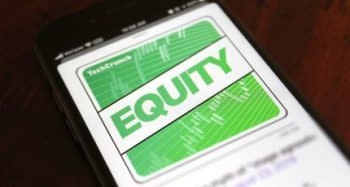Tips for founders thinking about doing a remote accelerator

Hello and welcome back to Equity, TechCrunch’s venture capital-focused podcast, where we unpack the numbers behind the headlines.
For this week’s deep dive, the Equity team got ahold of three founders from the recent Y Combinator batch (more here, and here) to chat through their experiences with a remote accelerator. TechCrunch was curious if the program lived up to founder expectations, how extreme time-zone differentials were handled and how easy it was to build camaraderie during a digital program. Oh, and how their demo day went.
Here's who is on the show:
Benjamin Croc, a founder at BrioHR (TechCrunch coverage here)
Trisha Bantigue, a founder at Queenly (TechCrunch coverage here)
Adam Alpert, a founder at Pangea (TechCrunch coverage here)
The short version is that the founders were generally happy with Y Combinator being remote, and that the setup allowing them to stay in their normal location was a plus. We also asked the founders for learnings regarding how to best handle remote accelerators in the future.
More from Equity on Friday, at which point we'll put Y Combinator aside for a good while.
Equity drops every Monday at 7:00 a.m. PST, Wednesday, and Friday morning at 7:00 a.m. PST, so subscribe to us on Apple Podcasts, Overcast, Spotify and all the casts.

 Yahoo Finance
Yahoo Finance 